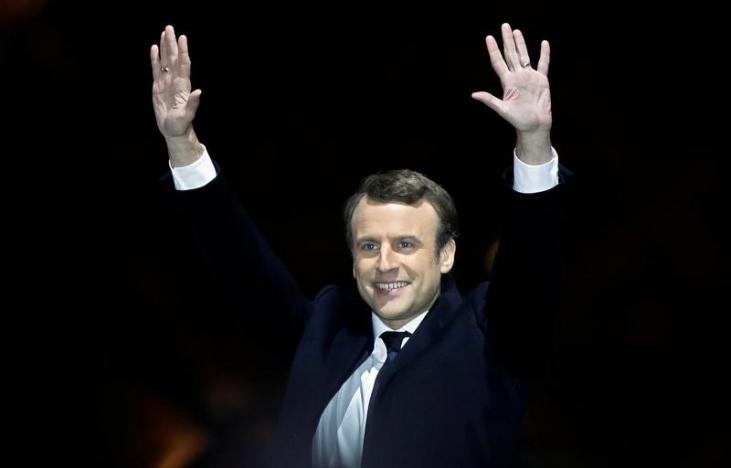President Macron: the end of the beginning
Emmanuel Macron's victory in the French presidential election with some 66 per cent of the vote puts an end to a nail-biting election campaign – and at first glance, shows a clear rejection by French voters of protectionism, withdrawal, and national preference, in favour of modernisation, globalisation and reform. Many will be relieved to have seen off the second Front National bid for the presidency since the turn of the millennium; in France and beyond, many will be hoping this indicates that populism has peaked.

However, the path ahead is by no means clear. Marine Le Pen came close to doubling her father Jean-Marie's score in the second round of the 2002 election, winning nearly 34 per cent of the vote. Not only does this highlight a huge shift in the politically acceptable over a 15-year period, it also reveals the deep divisions within French society – these did not evaporate on election night. Equally significant was the turnout itself: less than 75 per cent, a historic low, plus a further record 11.5 per cent of blank or spoiled ballots. This points to a deep sense of disenfranchisement. To have any chance of enacting economic, social, and political reforms, Macron – a hitherto untested leader – will need to reach out effectively to these constituencies, as well as consolidate his own.
To make matters more complicated, France now goes on to hold a two-round general election, on June 11 and 18. Historically, incoming presidents could be fairly sure of securing a parliamentary majority of their own political stripe, thus producing a workable system. This time round, however, Emmanuel Macron heads a movement with no parliamentary experience at all; for En Marche! to mirror its leader's overnight success by winning an absolute majority in a general election would be even more unprecedented. If it fails to do so, the country could enter an extended period of 'cohabitation', in which more power shifts to the prime minister. In the best-case scenario, the PM could achieve some form of working majority in the National Assembly; but if not, the whole system could quickly become gridlocked. Much may depend on who Macron picks as his Prime Minister and who goes into the cabinet: the lineup will offer some indication of whether he is genuinely committed to renewal and reform, as he claims, or whether En Marche! is simply a rebranding of politics as usual.
Perhaps the biggest losers in this election have been the institutions that make up French democracy – the presidency, the legislature, the judiciary, and the media. The credibility of each has been damaged in its own way, with the result that attacks of all kinds designed to further destabilise and undermine legitimacy are more likely to succeed. Vulnerable institutions raise huge questions about fact, fiction, authority, leadership, statehood, politics, freedom, and perhaps even human rights. Like France's economic problems, these questions are unlikely to be resolved within a five-year presidential mandate. They are, however, topics about which the Church has things to say – and fortunately, we are not tied to the election cycle!
At the same time as fulfilling our prophetic role of speaking truth to power on such issues, Christians are called to make every effort to live as engaged citizens on a day-to-day basis – it's why I've been encouraging those around me to vote. What's more, I believe that fulfilling our calling as salt and light involves reaching out to those with whom we identify the least. I've been challenged by Jesus' words in Matthew: 'If you greet only your own people, what are you doing more than others? Do not even pagans do that?' (Matthew 5:47). With a French political landscape split between those dreaming of reform and progress, those seeking security and tradition, and those who simply feel left out altogether, there's a huge need to build bridges and nurture mutual understanding. Ideally, a local church might help to bring people together across such divides – and remind people that there's a lot more to life than politics.
As for Emmanuel Macron, this is only the end of the beginning. It remains to be seen what he can deliver; but for now, the closing words of his speech to supporters on election night could give Christians pause for thought: 'I will serve you with love.'











